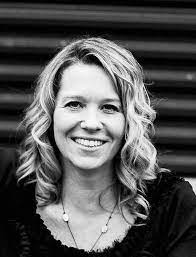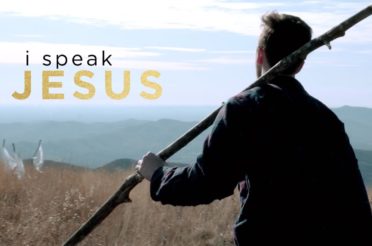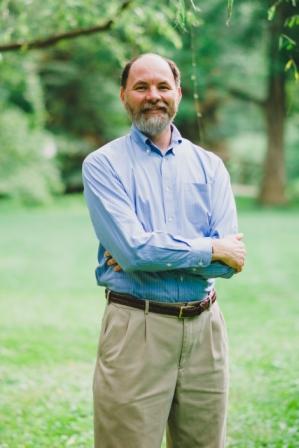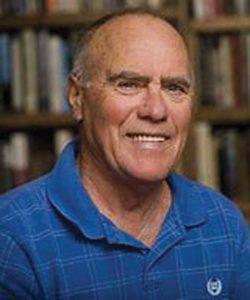By Roger Barbee
Palm Sunday on Lake Norman
The appearance of the morning from inside belied the truth of this Palm Sunday, the last in our Lake Norman home. Before letting the dog out for his morning romp, I had seen the intense sunrise held in a blue sky that lit the white dogwood petals; but upon opening the door I was reminded of Eliot’s words about April.
The morning held not a spring chill but instead a sharp coldness that speaks to the falsity in the naming of seasons. Spring. Easter. Solstice. Passover. Full moon. All suggest an end to cold months and the emergence of blossoms and buds and new life. But nature does not work that way, on a paper schedule created by man. Instead, nature wanes, its seasonal faces fading smaller then growing larger, never remaining the same during its transition from one season to the other. But we know that it will change, even when jolted by the cold upon opening a door for a thirteen-inch beagle to venture out.
The cold of this morning quickly drove me back inside, and I left the beagle on his own to navigate the day’s arrival. However, before long he clawed at the screen door, announcing both his dissatisfaction with the spring morning and his empty stomach. Eating breakfast, I watched the day come; he watched my toast, each of us wanting what will only come in small bits. His want is filled before mine because I share tidbits of my peanut buttered toast, but I will have to wait until early afternoon for the rawness of the day to fade.
It is not that the morning was so cold, but that the sight of blooming dogwoods and azaleas bursting in spring arrival and so many more signs of newness deceive us into thinking that warmth is here. Some folks, as I did above, will describe such a morning as “raw”, but it is not. Raw is a wet January day that carries a wind; the morning I ventured out into is only a surprise to the system, but one that will be gone in a day or less. By calling such a day as “raw” it is almost as if we are blaming the weather for not meeting our selfish expectations.
However, the day did change as anticipated and by early afternoon the sun had heated our patch of earth. More birdlife glided onto and under the three feeders and would perch on one of the three birdbaths for a drink or bath. The boattailed grackles dominated the limbs of the middle dogwood tree, their blackish and purple plumage gleaming in the midst of white petals. Some returning brown thrashers ate dropped sunflower seeds and picked dried grass for their nests. And smaller birds like finches, brown-headed nuthatches, and Carolina chickadees milled on the sidelines waiting their turn. And the beagle went forth into his garden to chase squirrels and then nap on the warm pine straw next to the brown St. Francis of Assisi statue.
In 1922 when The Waste Land was first published, the horrors and destruction of WW I were still fresh memories, and Eliot begins the poem with “April is the cruellest month, breeding/Lilacs out of the dead land, mixing/Memory and desire, stirring/Dull roots with spring rain.” While Eliot was describing the aftermath of “the war to end all wars,” his use of April is perfect because it is the month of breeding and mixing and stirring of rebirth. Yet, it can also have raw, freezing days and wet snows and too much rain. It is unpredictable; thus the poet sees it as the cruelest because it has the capacity to tease us.
Palm Sunday 2023, over one hundred years after The Great War that redefined modern life. But the earth, here in our back garden and elsewhere, still breeds and mixes and stirs winter dullness to fresh life on its schedule, not man’s. And in spite of our destruction across our only planet, we await, and even seem to expect this miracle each year. Like the Man who rose from the dead all those years ago.







